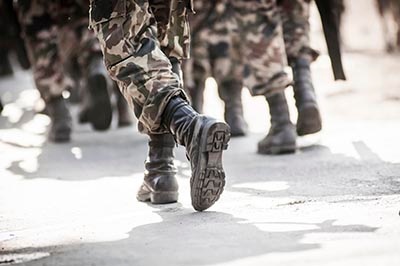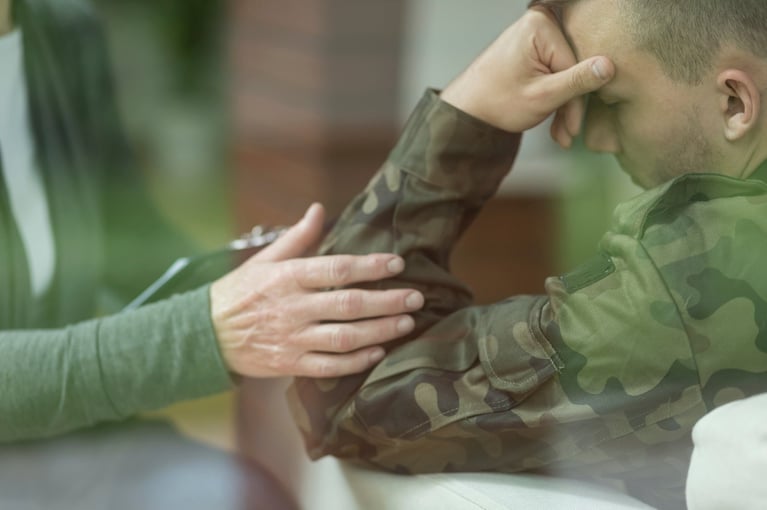We tend to think of military veterans suffering from Post-Traumatic Stress Disorder in terms of military service in combat — that the disorder is caused by being under direct fire, subject to IEDs and their long-term effects, or just the day-to-day stress of combat possibilities.
While we've spoken before about how PTSD can occur even when you are not in direct combat during military service, there's one cause of Post-Traumatic Stress Disorder that can be hidden for years or even decades — military sexual trauma.
Today, we'd like to take a look at this tragically common occurrance and what you can do if you're a survivor.












